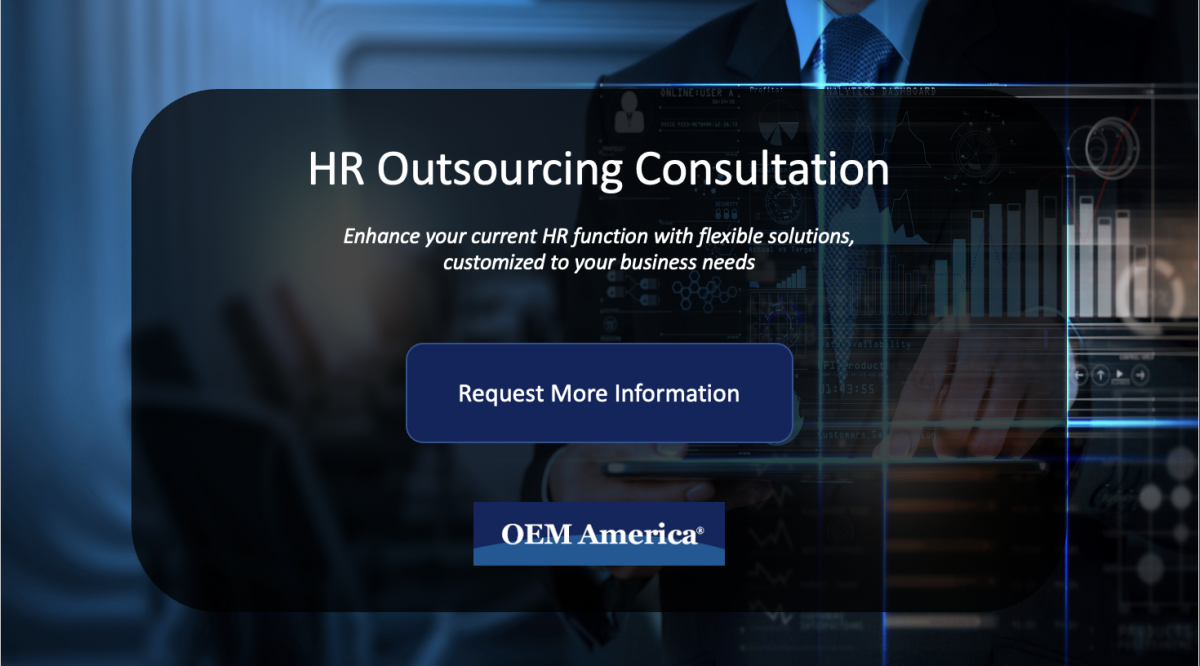Why Emotional Intelligence is Key to Effective HR Leadership
Human resources (HR) leaders are responsible for managing and developing the organization’s most important asset – its people. While traditional HR skills such as compliance and talent acquisition are important, there is one skill that sets effective HR leaders apart: emotional intelligence (EI). In this blog, we will explore why EI is key to effective HR leadership.
What is Emotional Intelligence?
Emotional intelligence is the ability to identify, understand, and manage one’s own emotions, as well as the emotions of others. It involves being aware of one’s own feelings, understanding how those feelings influence behavior, and having the ability to regulate emotions in a productive way. Emotional intelligence also involves being able to read and respond to the emotions of others, creating positive relationships and communication.
Why is Emotional Intelligence Important for HR Leaders?
Building Strong Relationships
One of the primary roles of HR leaders is to build and maintain strong relationships with employees, managers, and stakeholders. Here are some ways that emotional intelligence helps HR leaders build strong relationships:
- Understanding emotions: HR leaders with emotional intelligence can read and respond to emotions, which helps them to understand employees’ needs and concerns.
- Connecting with employees: With emotional intelligence, HR leaders can connect with employees on a deeper level, creating positive relationships and enhancing employee engagement.
- Creating a positive work culture: By using emotional intelligence to build positive relationships with employees, HR leaders can create a positive work culture, which can lead to increased productivity and employee retention.
HR leaders who possess emotional intelligence can use this skill to connect with employees, understand their needs and concerns, and create a positive work culture that benefits everyone in the organization.
Problem Solving
Effective HR leadership requires the ability to manage complicated challenges, frequently including challenging circumstances and delicate topics. Emotional intelligence is a key factor that enables HR leaders to approach problems in a thoughtful and strategic way. Here are some ways that emotional intelligence helps HR leaders manage complex challenges:
- Assessing the situation: HR leaders with emotional intelligence can assess the situation and understand the emotions and perspectives of all parties involved.
- Identifying underlying issues: With emotional intelligence, HR leaders can identify and address underlying issues that may be contributing to the problem.
- Implementing solutions: Emotional intelligence enables HR leaders to implement solutions that address the root causes of problems, rather than just addressing the symptoms.
- Communicating solutions: HR leaders with emotional intelligence can communicate their solutions in a clear and empathetic manner, which can help to prevent further conflicts and build stronger relationships with employees and stakeholders.
Overall, the ability to solve complex problems with emotional intelligence is a critical component of effective HR leadership. By using emotional intelligence to manage complicated challenges, HR leaders can create a positive and productive workplace culture.
Empathy
As HR directors, the ability to empathize with employees, managers, and stakeholders is a critical component of emotional intelligence. Empathy allows HR leaders to connect with others on a deeper level, showing that they understand and care about their concerns. Here are some key points on how empathy can benefit HR leaders and create a positive work environment:
- Enhanced Relationships: HR leaders who demonstrate empathy can foster stronger relationships with employees, managers, and stakeholders. This can build trust and rapport, leading to better retention and a more engaged workforce.
- Improved Retention: When employees feel understood and cared for, they are more likely to stay with the organization. HR leaders who demonstrate empathy can contribute to higher retention rates, reducing turnover and associated costs.
- Increased Engagement: Empathy can also enhance employee engagement, as employees feel valued and supported by HR leaders who understand their concerns. This can result in increased motivation, commitment, and loyalty.
By demonstrating empathy and incorporating it into their leadership style, HR directors can build stronger relationships, create a supportive work environment, and contribute to the success of their organization.
Conflict Resolution
Conflict resolution is a crucial skill for HR leaders, and emotional intelligence plays a key role in handling conflicts effectively. Here are some key points on how emotional intelligence can benefit HR leaders in resolving conflicts:
- Empathetic Approach: Emotional intelligence allows HR leaders to approach conflicts with empathy, showing understanding and compassion towards all parties involved. This helps create a positive and supportive environment where conflicts can be addressed constructively.
- Active Listening: Emotional intelligence enables HR leaders to actively listen to all parties involved in the conflict. This means listening not only to the words being spoken, but also understanding the emotions and perspectives behind them. This deeper understanding can guide HR leaders towards finding effective solutions.
- Collaborative Resolution: With emotional intelligence, HR leaders can work collaboratively with all parties involved in the conflict to find a resolution that satisfies everyone. By considering the emotions and needs of all parties, HR leaders can facilitate a solution that promotes harmony and cooperation among employees.
By approaching conflicts with empathy, active listening, and collaborative problem-solving, HR leaders can create a positive work environment, enhance employee morale, and improve overall productivity in the workplace.
Go Back
